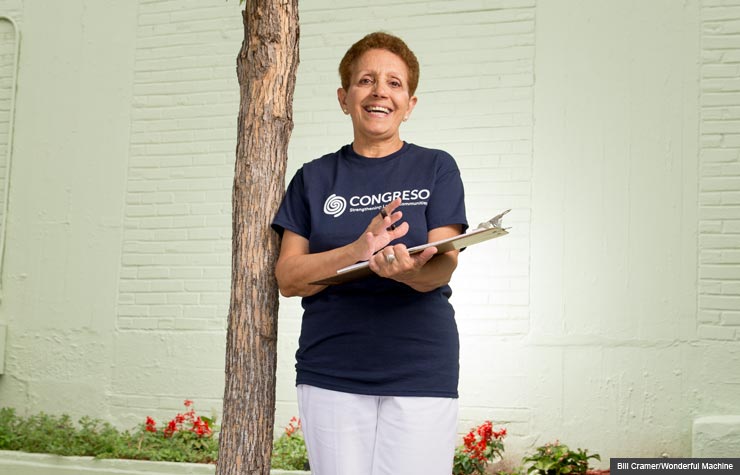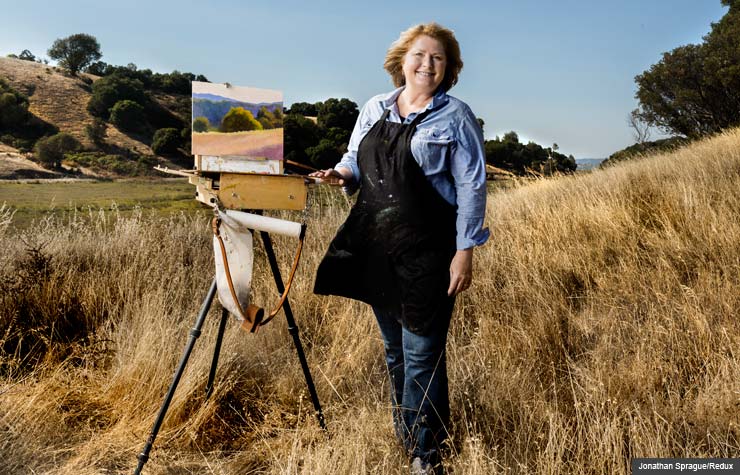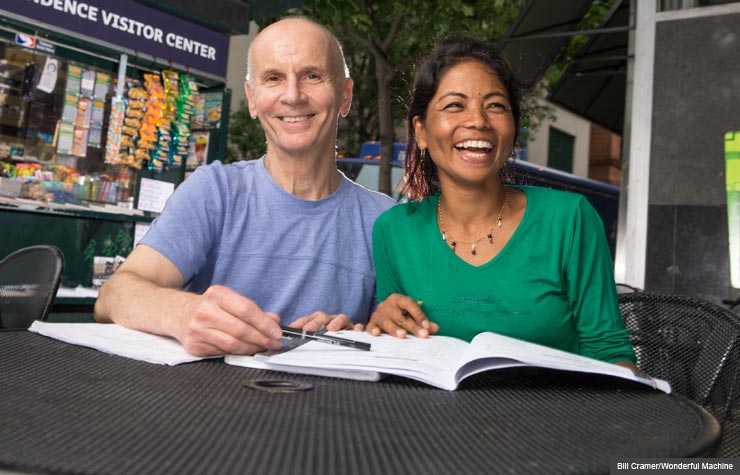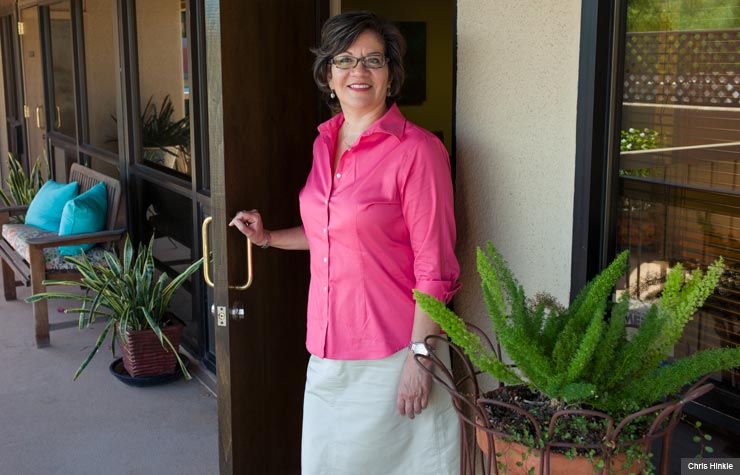AARP Hearing Center
For many Americans, retirement barely exists anymore. Instead of leaving work behind after age 65, they're diving back in, often trying out a new career or volunteer opportunities. These encore careers can include full-time work in the nonprofit sector, part-time schedules in a new field or even starting a business.
"People are living longer, and we're adding more productive years to our lives," says Richard J. Leider, one of the pioneers of Life Reimagined, an AARP program that helps people navigate this new life stage. "They're eager to use this time to discover new possibilities and make new life choices."
The idea of an encore career dates to 1997, when a San Francisco-based nonprofit called Civic Ventures (since renamed Encore.org) introduced the notion. The 2014 Civic Ventures Encore Career Study found that among respondents interested in an encore career, most wanted to find a new type of role instead of continuing in their current one. Those interested in encore careers also wanted to ideally work 11 to 30 hours a week; few (5 percent) wanted to stick with a traditional 40-hour-a-week schedule.
Many older adults can't afford to stop working. They may not have traditional pensions, or perhaps the recession pummeled their investments. But even if they don't get paid, "older adults want to remain connected, relevant, useful and engaged. There's this collective feeling of 'we're not done yet,' " says Marci Alboher, author of The Encore Career Handbook.
To get started, speak with people in your target field and volunteer for an organization you admire before you make the leap. "Experimenting in your 50s prepares you psychologically for a new chapter rather than being blindsided if your career ends suddenly or you're too consumed to think about it," says Encore.org founder Marc Freedman.
Support for encore careers
If you're looking for support as you pursue your own encore career, consider the following resources.
- The Life Reimagined program from AARP, created with experts in personal development, helps people explore what's next through resources, tools, coaching services and community support.
- Work Reimagined: Uncover Your Calling: Figure out what you're meant to do with your gifts, a book by Richard J. Leider and David Shapiro
- The Encore Career Handbook by Marci Alboher
- Second-Act Careers by Nancy Collamer
- Great Jobs for Everyone 50+ by Kerry Hannon
Here are four stories of people who successfully pursued encore careers:
































































